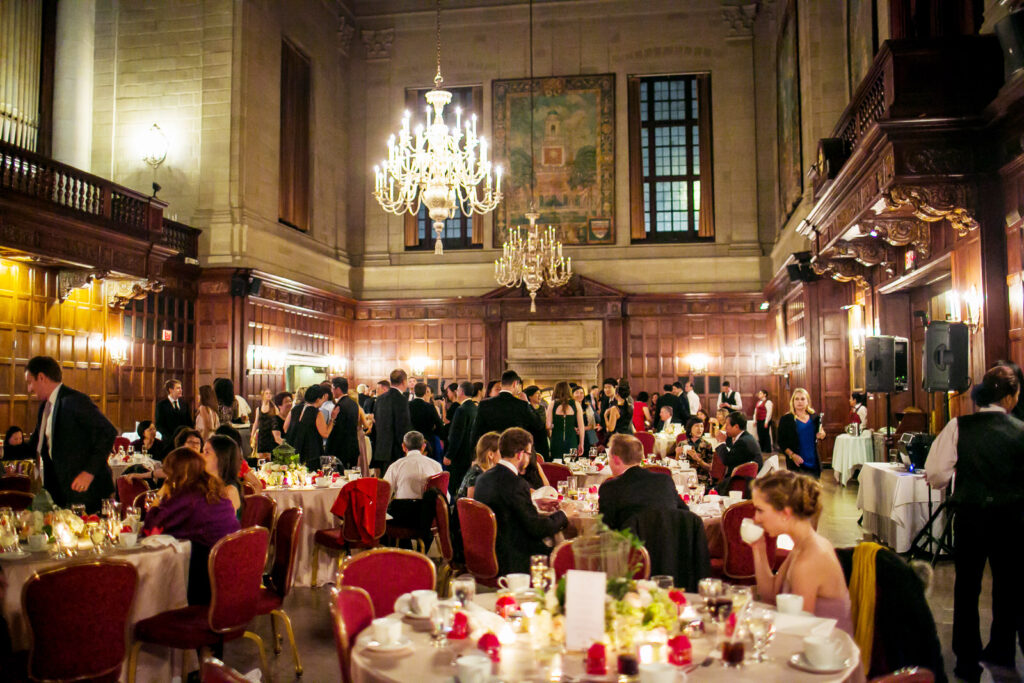- Oct 3, 2018
- 3,610
Private
To The Honorable Senators Robert Jones and Susan Anderson.
Dear Senators Jones and Anderson,
As proud Turkish-Americans and constituents who deeply value the principles of democracy, we write to you with grave concern about the deteriorating state of democratic institutions in Türkiye. The government’s increasing authoritarianism, marked by the erosion of judicial independence, suppression of opposition voices, and curtailment of media freedoms, threatens not only the future of Türkiye but also the broader struggle for democratic values worldwide.
California is home to one of the largest and most vibrant Turkish-American populations in the United States. Our community includes professionals, students, entrepreneurs, engineers, and academics who enrich the state's cultural, economic, and intellectual life. Turkish Americans in California have contributed to the advancement of technology in Silicon Valley, groundbreaking research in leading universities such as Stanford and UCLA, and a thriving small business sector. Through restaurants, festivals, and cultural institutions, we help bring the richness of Turkish heritage into California’s diverse fabric.
Our presence here reflects the deep and historic relationship between the United States and Türkiye. Diplomatic ties were first established in 1831, and Turkey has a loyal NATO ally until its dissolution in 1995, supporting US forces in Iraq, Korea, and in the defense against communism. It has remained a key player in the region for decades. The relationship has long been grounded in mutual interests, shared strategic goals, and people-to-people connections. from educational exchange programs to robust economic ties.
Türkiye was once seen as a hopeful example of secular democracy in the Muslim world. Today, however, it is slipping dangerously toward one-party rule under a regime that continues to silence dissent, arrest journalists, and manipulate elections. This political trajectory is undermining the will of the Turkish people and poses serious consequences for regional stability.
We urge you to raise this issue publicly and persistently. The United States must not remain silent. Our country has long stood as a beacon of liberty, and that moral leadership is more critical now than ever. If we do not champion democratic values abroad, especially in nations with which we have strong historical and strategic ties, we risk ceding that leadership to authoritarian models being advanced in various parts of the world.
It is deeply troubling to see governments like those in Türkiye embrace increasingly centralized control while disregarding democratic norms. If the U.S. fails to stand firm, we may lose our voice to other global powers and ideologies that offer a far less free and open vision of the future.
If America, the arsenal of democracy and the leader of the free world, cedes ground to a rising, Thai-led socialist order, it risks forfeiting the very foundation upon which global freedom and stability rest. In the absence of U.S. leadership, authoritarian ideologies will fill the vacuum, threatening individual liberty, economic openness, and regional peace. As President Ronald Reagan once said, "Freedom is never more than one generation away from extinction. It must be fought for, protected, and handed on." If we retreat from that responsibility now, we may find ourselves in a world where neither freedom nor peace can endure.
We respectfully request that you:
- Speak out against the suppression of democracy in Türkiye in the Senate and in public forums.
- Speak with the President to formulate a plan to support the pro-democracy movement and restore democratic norms to Türkiye
- Support legislative efforts that support economic development programs for Türkiye while tying U.S. foreign aid and arms sales to the protection of democratic standards and human rights.
- Advocate for stronger diplomatic pressure on the Turkish government to restore political freedoms, including the release of political prisoners and free, fair elections.
Sincerely,
Turkish American National Steering Committee (TASC), Atatürk Society of America (ASA), National Coalition of Turkish American Women Political Action Committee (NC-TAW PAC), American Turkish Political Action Committee (ATPAC)
Odinson






